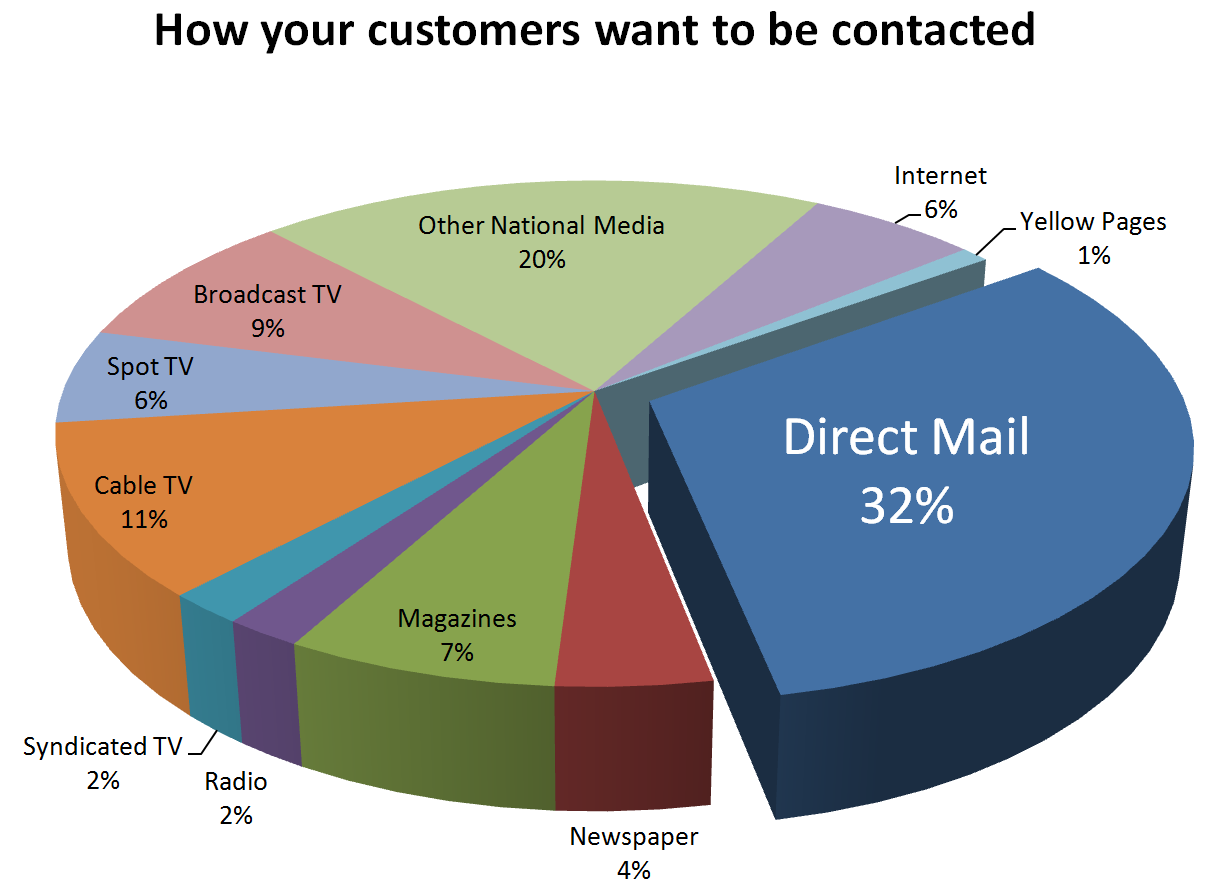Comprehensive Guide to Door-to-Door Sales Regulations in the UK
Engaging in door-to-door sales in the United Kingdom necessitates adherence to a specific set of regulations to ensure legal compliance and customer satisfaction. This guide details the essential information that must be provided to customers, along with the rules governing returns, cancellations, and other pertinent aspects of door-to-door sales.
Mandatory Information for Customers
When conducting door-to-door sales, whether at a customer’s residence, workplace, or another individual’s home, you are required to furnish the following information to your customers:
- Business Information:
- The name of your business, along with contact details and address.
- If you are acting on behalf of another company, you must also provide their details.
- Complaint Address:
- An address for customer complaints if it is different from your business address.
- Product or Service Description:
- A clear and precise description of the goods or services being offered, ensuring that all items are of reasonable quality and match their descriptions.
- Pricing Details:
- The total price of the goods or services, or the method by which the price will be calculated.
- Payment Methods:
- Information regarding the accepted methods of payment.
- Delivery Information:
- Arrangements for delivery, including costs and estimated delivery times.
- Contract Terms:
- The minimum duration of the contract, billing periods, and the costs associated with open-ended contracts or subscriptions.
- Termination Conditions:
- Conditions for terminating rolling contracts or contracts without a definitive end date.
- Cancellation Rights:
- Details on how customers can cancel their order, including any conditions under which the right to cancel may be forfeited.
- Provision of a standard cancellation form, if applicable.
- Post-Cancellation Costs:
- Information regarding any reasonable costs that may still be payable after a service is canceled.
- Deposits and Financial Guarantees:
- Terms and conditions for any required deposits or financial guarantees.
- Digital Content:
- Information about the functionality of any digital content and its compatibility with various software or operating systems.
- Communication Costs:
- Costs associated with using phone lines or other communication methods that exceed the basic rate.
- Codes of Conduct:
- If applicable, details about adherence to any codes of conduct or dispute resolution schemes.
- Complaints Handling Policy:
- Information on your policy for handling customer complaints.
- Guarantees and After-Sales Service:
- Conditions related to any guarantees, services, or after-sales assistance offered.
This information must be presented in a clear and understandable format, either on paper, via email, or in a form that the customer can save for future reference.
Customer’s Right to Cancel
Customers have the legal right to cancel their order within 14 days of the contract being made, without providing a reason for the cancellation. If you fail to inform the customer of this right, they can cancel the order at any time within the subsequent 12 months. Upon being informed of their right to cancel, customers then have 14 days to cancel from the date of notification. Non-compliance with this requirement can result in severe penalties, including an unlimited fine and imprisonment for up to two years.
Costs Exempt from Payment by Customers
Customers are not obligated to pay certain costs if these were not disclosed in advance. These costs include:
- Costs associated with the right to cancel.
- Additional delivery charges.
- Extra costs incurred in returning goods, particularly for items too large for standard postal services.
Post-Order Requirements
Following the placement of an order, you must confirm the contract with the customer, reiterating all the previously provided information in a durable format, unless the customer agrees to an alternative. Additionally, you must:
- Deliver Goods Promptly: Ensure delivery as soon as possible, and no later than 30 days unless a different arrangement has been agreed upon with the customer.
- Provide Services Promptly: Provide the service within the agreed timeframe or as soon as possible if no specific period has been set.
If you are selling goods door-to-door and carrying them with you, a pedlar’s certificate may be required.
Exemptions to the Rules
Certain goods and services are exempt from these regulations, including:
- Goods and services valued at £42 or less.
- Passenger travel tickets (e.g., bus, train, flight).
- NHS prescriptions and treatments (both free and paid).
- Financial services, such as pensions, mortgages, and credit.
- Construction of new buildings (excluding extensions).
- Regular deliveries of food and drink (e.g., milk delivery services).
- Gambling activities.
- Package holidays, timeshares, and holiday clubs.
- Property rental agreements (though marketing services by estate agents are included).
- Goods purchased from vending machines.
- Use of payphones or paid internet connections (e.g., in internet cafés).
By adhering to these guidelines, you can ensure that your door-to-door sales operations remain compliant with UK regulations, fostering trust and satisfaction among your customers. For more information click here.



Leave a Reply
You must be logged in to post a comment.